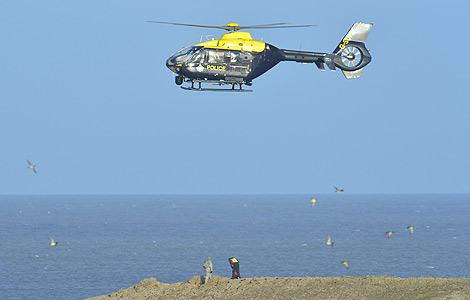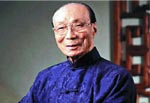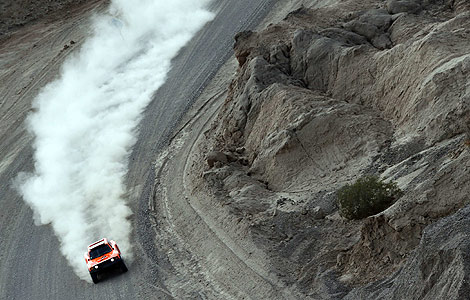A gentle rap on Abe's knuckles
Updated: 2014-01-10 07:47
By Liu Weidong (China Daily)
|
||||||||
He should know that Japan's value for the US has been declining after China's rise, and Washington is not willing to take sides between Beijing and Tokyo. Also, unlike former Japanese prime minister Junichiro Koizumi, Abe's personal relationship with the US president is not close, so Washington won't be as tolerant toward the Abe administration.
Abe's main goal is to transform Japan into a "normal state" and he cannot be happy with the US that helped draft the pacifist Constitution to impose strategic restrictions on Japan. The relationship between the US and Japan is more like a professional exchange of interests and thus Washington is not expected to provide unconditional support to all of Tokyo's dangerous initiatives.
The US' unprecedented strong reaction to Abe's visit to the Yasukuni Shrine is not only because of the immediate ramifications, but also because Abe is out to violate Washington's arrangement for the Asia-Pacific region.
The so-called "nationalization" of the Diaoyu Islands during former prime minister Yoshihiko Noda's tenure and Japan's subsequent arbitrary actions have made Washington suspicious that Tokyo is trying to free itself of the US' stewardship, which may create hurdles for its "pivot to Asia" policy.
Reports say that Abe informed the US of his visit to the shrine just one hour before doing so, which Washington might have seen as an act of "defiance" by the Japanese prime minister.
But the US and Japan still share a close relationship. The core of the US' Japan policy is to use Japan to check China, sustaining Tokyo as an indispensable Washington ally. That's why the Obama administration is likely to adopt a supportive stance toward Tokyo on other issues and avoid sending out a wrong signal about US-Japan ties.
Given the above facts, Washington will only warn Tokyo, without doing anything more, about its recent ill-conceived actions. Any changes in the US' policy toward Japan would be strictly within the realm of the US-Japan alliance.
Moreover, Abe probably doesn't intend to free Japan of US control as former prime minister Yukio Hatoyama tried to do and ultimately resign from office. And since Abe still enjoys relatively high popular support at home, it's not yet time for the US to chart his departure from office.
The author is a researcher with the Institute of American Studies, affiliated to the Chinese Academy of Social Sciences.

 US police all a-twitter about Weibo
US police all a-twitter about Weibo
 Fidel Castro makes rare public appearance
Fidel Castro makes rare public appearance
 Migrants feel pain of separation
Migrants feel pain of separation
 Websites to be liable for sales of bad food, medicine
Websites to be liable for sales of bad food, medicine
 Largest sushi mosaic created in HK
Largest sushi mosaic created in HK
 UK police pick through US helicopter crash site
UK police pick through US helicopter crash site
 Riding the waves down under
Riding the waves down under
 The long-living rich in China
The long-living rich in China
Most Viewed
Editor's Picks

|

|

|

|

|

|
Today's Top News
China's role in Middle East will be enhanced: FM
Abe's new frontiers: Africa, Middle East
Rodman sorry for Bae comment
Reunion proposal rejected by DPRK
Apology urged for insulting Chinese
China's oil pipelines riddled with defects
Higher targets set for emission reduction
Analysts weigh in on reform effects
US Weekly

|

|







